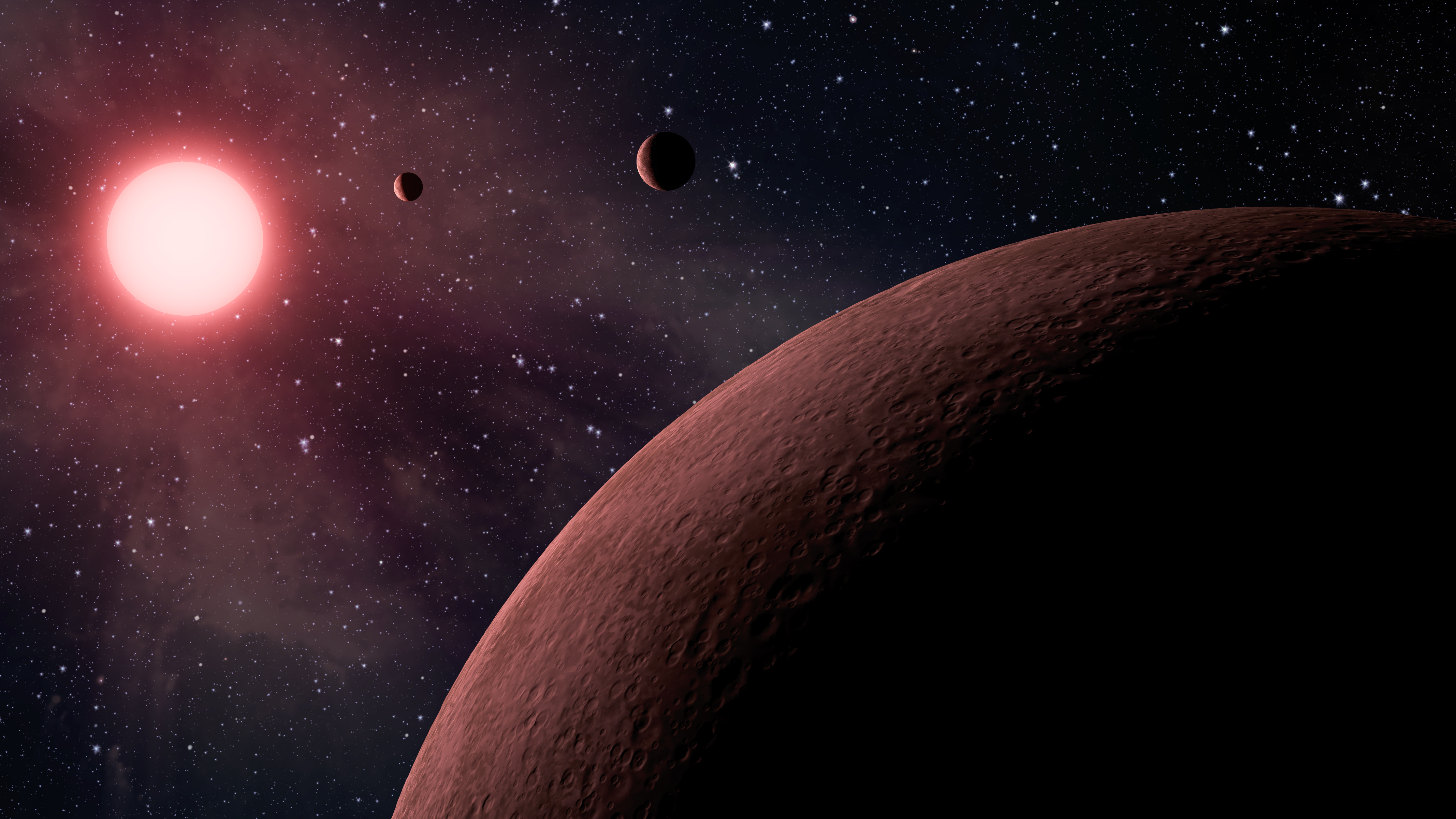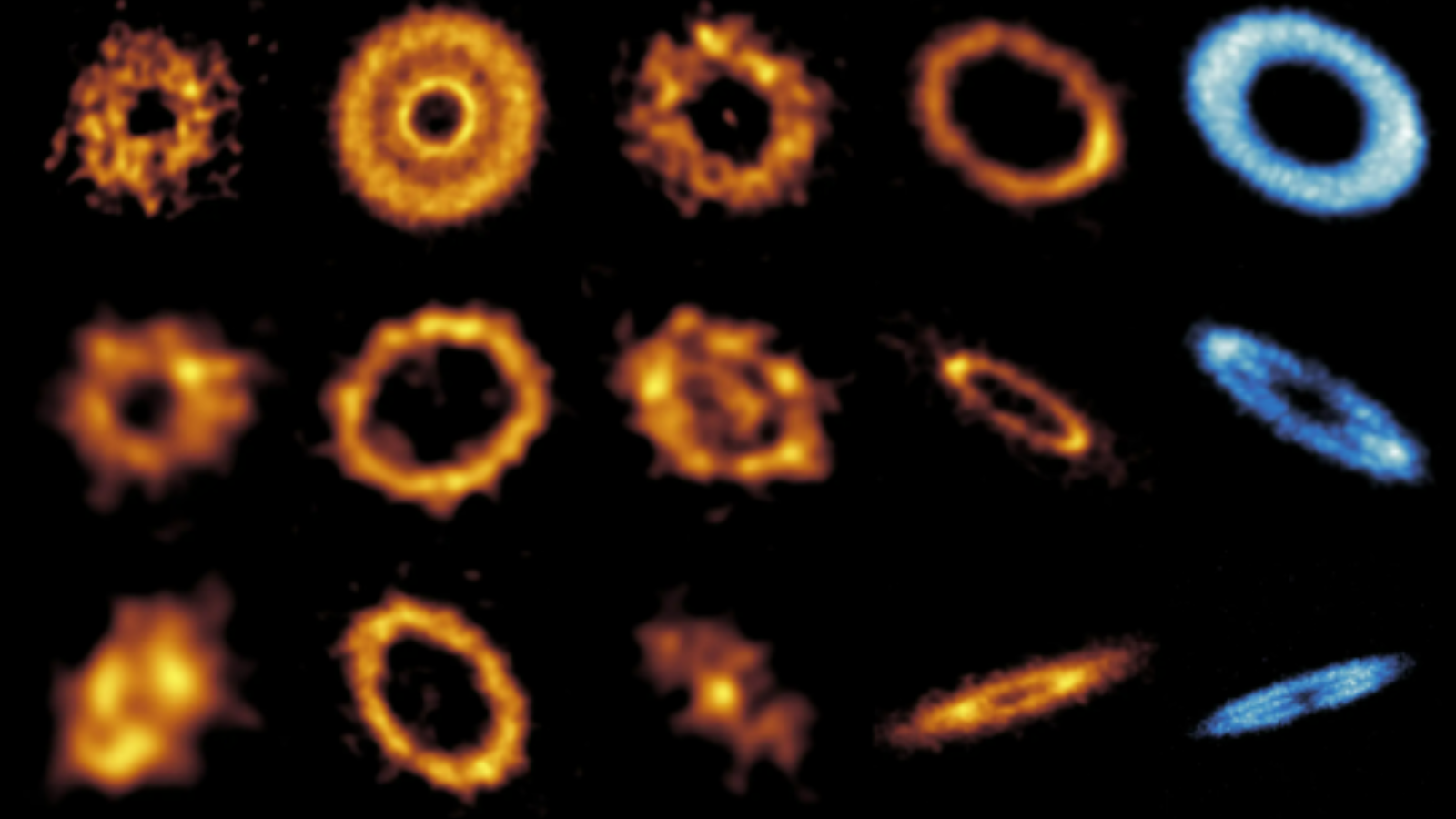AAS Dispatch: An Encyclopedia of Alien Planets

AUSTIN, Texas — A team of astronomers has put together an online catalog of alien planets to help researchers and the public keep up with the intensifying flurry of exoplanet discoveries.
The so-called Habitable Zone Gallery also allows scientists to extract data on the habitability of exoplanets and the possible existence of alien moons, also known as exomoons.
"The characterization of exoplanets and their moons is becoming increasingly important," said Dawn Gelino, an astronomer at the NASA Exoplanet Science Institute at the California Institute of Technology in Pasadena. "We wanted an interactive table where you can sort on various parameters, which might be good for target selection for other projects."
Gelino presented the catalog Wednesday (Jan. 11) here at the 219th meeting of the American Astronomical Society.
The website lists details of the alien worlds, including their masses, radii, orbits, luminosities and the boundaries for their host stars' habitable zone — that just-right range of distances that could allow liquid water, and perhaps life as we know it, to exist.
"If the system is a multi-planet system, we plot all these together in relation to star's habitable zone," Gelino said.
The Habitable Zone Gallery can be viewed at the following website: http://www.hzgallery.org/
Breaking space news, the latest updates on rocket launches, skywatching events and more!
You can follow SPACE.com staff writer Denise Chow on Twitter @denisechow. Follow SPACE.com for the latest in space science and exploration news on Twitter @Spacedotcom and on Facebook.

Denise Chow is a former Space.com staff writer who then worked as assistant managing editor at Live Science before moving to NBC News as a science reporter, where she focuses on general science and climate change. She spent two years with Space.com, writing about rocket launches and covering NASA's final three space shuttle missions, before joining the Live Science team in 2013. A Canadian transplant, Denise has a bachelor's degree from the University of Toronto, and a master's degree in journalism from New York University. At NBC News, Denise covers general science and climate change.
